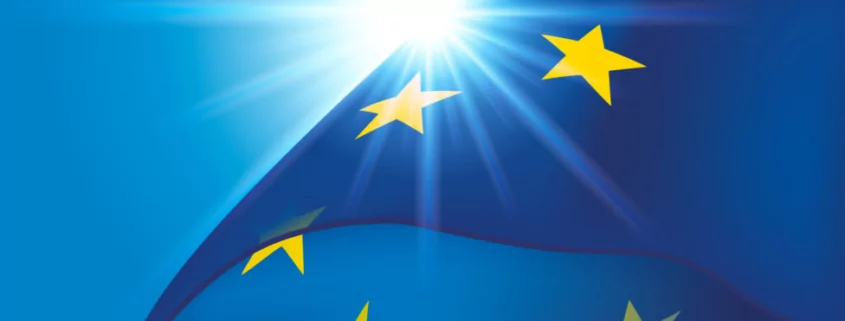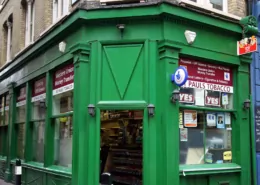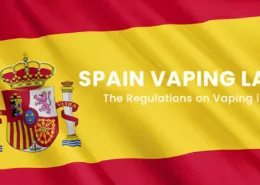Navigating the 2025 Excise Tax Changes on Nicotine Products in Europe
The European nicotine market braces for significant changes as various EU member states prepare to implement updated excise tax regulations on nicotine products, including e-liquids, nicotine pouches, and heated tobacco products, in 2025. These adjustments will directly impact businesses, and manufacturers and stakeholders must understand how to navigate these changes to remain compliant and competitive.
Upcoming Excise Tax Changes Across Europe
The European Commission has pushed for a unified framework that updates excise taxes on tobacco alternatives. While cigarettes and other traditional tobacco products have long been subject to high taxes, nicotine alternatives were not uniformly taxed across Europe. In 2025, countries such as Germany, the Czech Republic, and Italy plan to introduce or adjust excise duties for these products, while others, like Poland and Latvia, will update their existing structures to reflect new EU directives.
Key trends for excise tax changes include:
- Higher taxes on e-liquids and nicotine pouches in major markets
- Standardization of excise duties across EU countries
- Growing scrutiny on nicotine-free liquids
Excise Tax Rates in Various EU Member States
Each nation adapts its tax rates and regulations based on local health and economic priorities. Here is a summary of the key upcoming changes in several countries:
Poland
In March 2025, Poland will raise excise duties on e-liquids by 75%, increasing the rate to PLN 0.96 (€0.21) per milliliter, followed by a further hike to PLN 1.44 (€0.32) in 2026. Additionally, heated tobacco products will see incremental excise increases, with a 50% rise in 2025, a 20% increase in 2026, and a 15% increase in 2027.
Germany
Germany has already introduced a phased excise tax on e-liquids starting at €0.16 per milliliter in 2022, increasing to €0.32 by 2026. This tax applies uniformly to both nicotine-containing and nicotine-free liquids.
Czech Republic
From 2024, the Czech Republic will start taxing e-liquids at CZK 2.50 (€0.10) per milliliter, with a gradual increase to CZK 10 (€0.41) by 2027.
Italy
Italy currently imposes a tax of €0.08 per milliliter on nicotine-containing e-liquids, with plans to increase this rate by 2025. For nicotine-free liquids, the rate is 10% lower. Additionally, heated tobacco products will face further incremental tax hikes.
Latvia
Latvia will raise its excise tax on e-liquids to €0.29 per milliliter in 2025. The country also tightens regulations on additives like menthol and implements stricter concentration limits for nicotine pouches.
Adapting Operational Strategies for National Markets
The 2025 changes require manufacturers to adopt a more flexible, market-specific approach to production, pricing, and distribution. Key strategies to consider include:
Optimizing Nicotine Formulations for EU Excise Tax Compliance
Manufacturers should consider offering products with different nicotine strengths to match tax requirements in each market. Producing lower-nicotine or nicotine-free versions could reduce excise costs in certain jurisdictions.
Optimizing Pricing Strategies Amid EU Excise Tax Hikes
Manufacturers need to carefully evaluate how much of the tax burden can be passed on to consumers without losing market share. Working with retailers to set competitive yet profitable price points will be essential.
Streamlining Supply Chains to Lower Excise Costs
Optimizing production and logistics for specific markets could reduce costs. Manufacturers may consider establishing strategic production facilities and warehouses in countries with favorable excise regimes to mitigate the impact of cross-border distribution costs.
Chemnovatic operates an excise tax warehouse that allows for storing, managing, and distributing products under tax suspension, ensuring compliance with various national regulations. This structure helps avoid upfront excise payments until the products are released into the market.
Summary
As the regulatory landscape around nicotine products evolves, manufacturers must be proactive in adapting their strategies to meet the upcoming excise tax changes. From optimizing product formulations and pricing strategies to ensuring compliance with new regulations, these adjustments are critical for maintaining competitiveness in the changing market.
- Is It Illegal to Vape or Smoke While Driving in Massachusetts? - August 5, 2025
- Austria Plans to Ban Disposable E-Cigarettes - August 5, 2025
- Vaping vs. THC Drinks: Which Cannabis Option Is Right for You? - August 4, 2025







